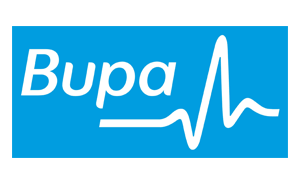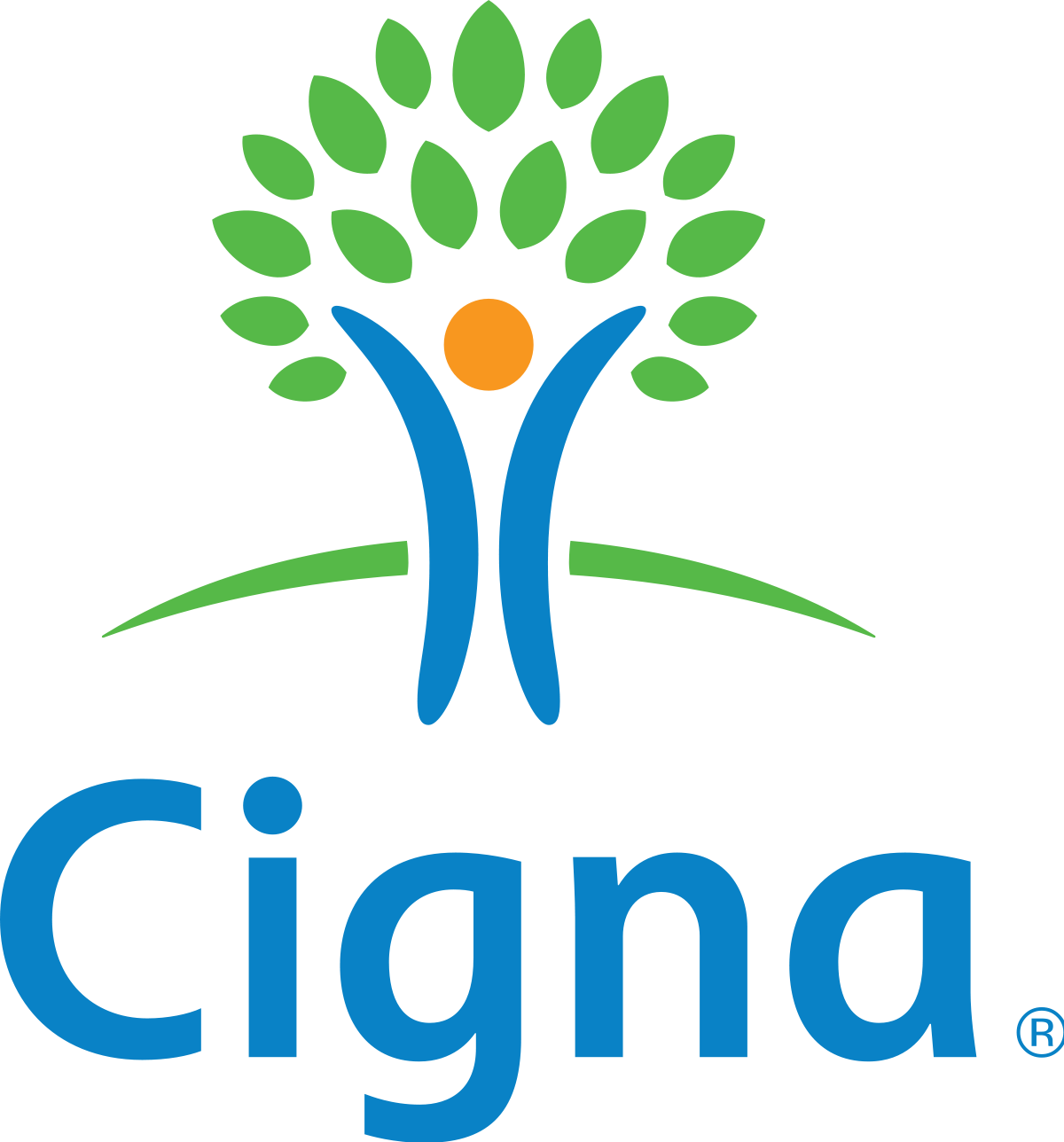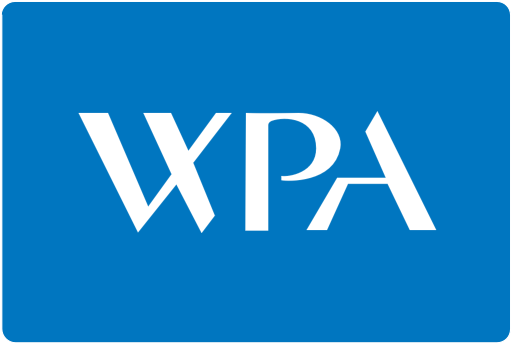What is Cataract?
Cataracts refer to cloudiness of the natural lens of the eye (the normally clear structure in your eye which focuses the light). They can develop in one or both eyes. The cloudiness can become worse over time, causing vision to become increasingly blurry, or cloudy. If you are looking for private cataract surgery in London please don’t hesitate to get in touch through contact@sameertrikha.com
Typical symptoms can include:
- A difficulty with small print
- A gradual deterioration in the quality of your vision
- Difficulty with tasks requiring fine vision
- Difficulty with driving at night due to glare from car headlights or street lamps
Most cataracts develop with age, although rarely babies are born with cataracts or children develop them while they are still young. It is the most common operation performed in the UK, with more than 300,000 procedures carried out each year.
What does cataract surgery involve?
Mr Trikha usually performs cataract surgery under local anaesthesia (eye drops), and this often results in rapid recovery time. With this approach the eye can often be more comfortable post-surgery. Other anaesthesia options are available, including sedation or general anaesthetic, and these can be discussed at your consultation.
The surgery involves micro-incisions which self-seal, and therefore do not require stitches. The cataract is removed using ultrasound energy and an artificial lens implant is inserted, and fitted according to your visual needs.
Recovery after cataract surgery
Usually Mr Trikha prescribes a combination of antibiotic and anti-inflammatory drops after surgery. It is important to avoid swimming and heavy lifting for one month after surgery. Usually a few days off work are advised after uncomplicated surgery, and in most cases, the eye completely heals after a few weeks.











